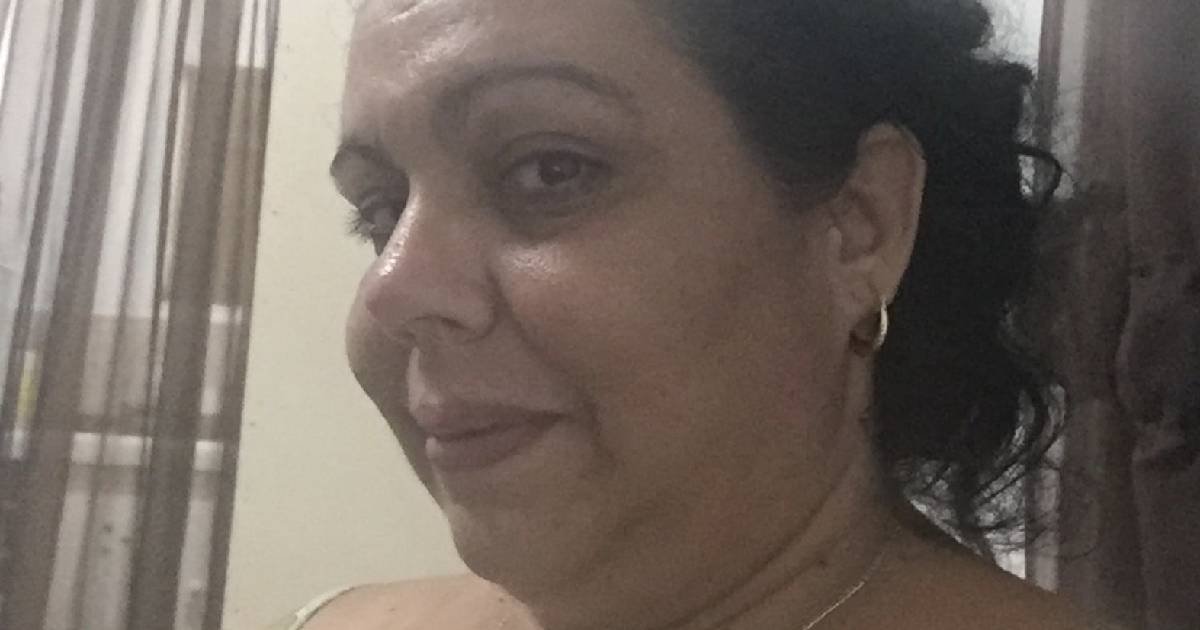Melody González Pedraza, a former judge currently detained in Florida after arriving with humanitarian parole, has filed a complaint with the UN Special Rapporteur on the Independence of Judges and Lawyers, alleging the "distortion" of the judicial system in Cuba.
The jurist, who will face her first asylum hearing in the United States on July 31, also sought protection from the international body in case she is deported back to the island, according to a close family member who spoke to the independent outlet Diario de Cuba.
González Pedraza argued in her complaint that the Cuban judicial system is controlled by political decisions and external agents such as the Communist Party, the government, and the State Security.
Claims of Political Interference
The complaint, filed on July 25, aims to prompt the UN to investigate these practices and halt the interferences that prevent the Cuban people from accessing true justice, as demonstrated during the arbitrary trials against the July 11, 2021, protesters.
In a letter addressed to a senior official at the rapporteur's office in Geneva, Switzerland, González Pedraza also requested protection against potential reprisals from the Cuban regime if she is deported back to the island.
The former judge, currently held at the Broward Transitional Center (BTC) in Pompano Beach, Florida, expressed feeling "more at ease and secure" despite not having legal representation for her asylum hearing, where she could face a deportation order.
"I trust that my voice will be heard and that I will not be handed over to death, probable imprisonment, and the most humiliating situation," she said in her protection request to the UN.
Seeking Justice for Wrongfully Convicted Youths
González Pedraza also mentioned her desire to exonerate four young Cubans she sentenced without sufficient evidence, who are set to have a new trial on August 9.
The Provincial People's Court of Villa Clara admitted the appeal of the sentence against Andy Gabriel González Fuentes, Adain Barreiro Pérez, Eddy Daniel Rodríguez Milián, and Luis Ernesto Medina Pedraza, who were accused of throwing molotov cocktails in November 2022 at properties belonging to police and State Security chiefs in Encrucijada, Villa Clara.
The magistrate, who presided over the Municipal Court, confessed to condemning the youths despite exculpatory evidence due to pressure from State Security.
The other judges who signed the sentence were Marlenis Toriza Rivero and Ana Ivis Rodríguez Rodríguez.
González Pedraza arrived in the United States on May 31 under the Humanitarian Parole program but was denied entry at Tampa Airport as she was listed as a repressor by the Cuban Human Rights Foundation (FDHC).
Her complaint seeks not only protection for herself but also justice for the young men she sentenced and a reform of the Cuban judicial system.
Her family expressed confidence in the UN's structures and the United States' justice system to address the judge's case.
Understanding the Case of Melody González Pedraza
Here are some frequently asked questions about the situation surrounding Melody González Pedraza and her allegations against the Cuban judicial system.
Why did Melody González file a complaint with the UN?
Melody González filed a complaint with the UN to highlight the political control and external interference in the Cuban judicial system, seeking an investigation and protection from potential reprisals if deported back to Cuba.
What are the charges against the youths involved in the case?
The youths, Andy Gabriel González Fuentes, Adain Barreiro Pérez, Eddy Daniel Rodríguez Milián, and Luis Ernesto Medina Pedraza, were charged with throwing molotov cocktails at properties belonging to police and State Security chiefs in Encrucijada, Villa Clara.
What is the significance of the July 31 asylum hearing?
The July 31 asylum hearing is significant for Melody González as it will determine whether she can stay in the United States or face deportation back to Cuba, where she fears for her safety.
